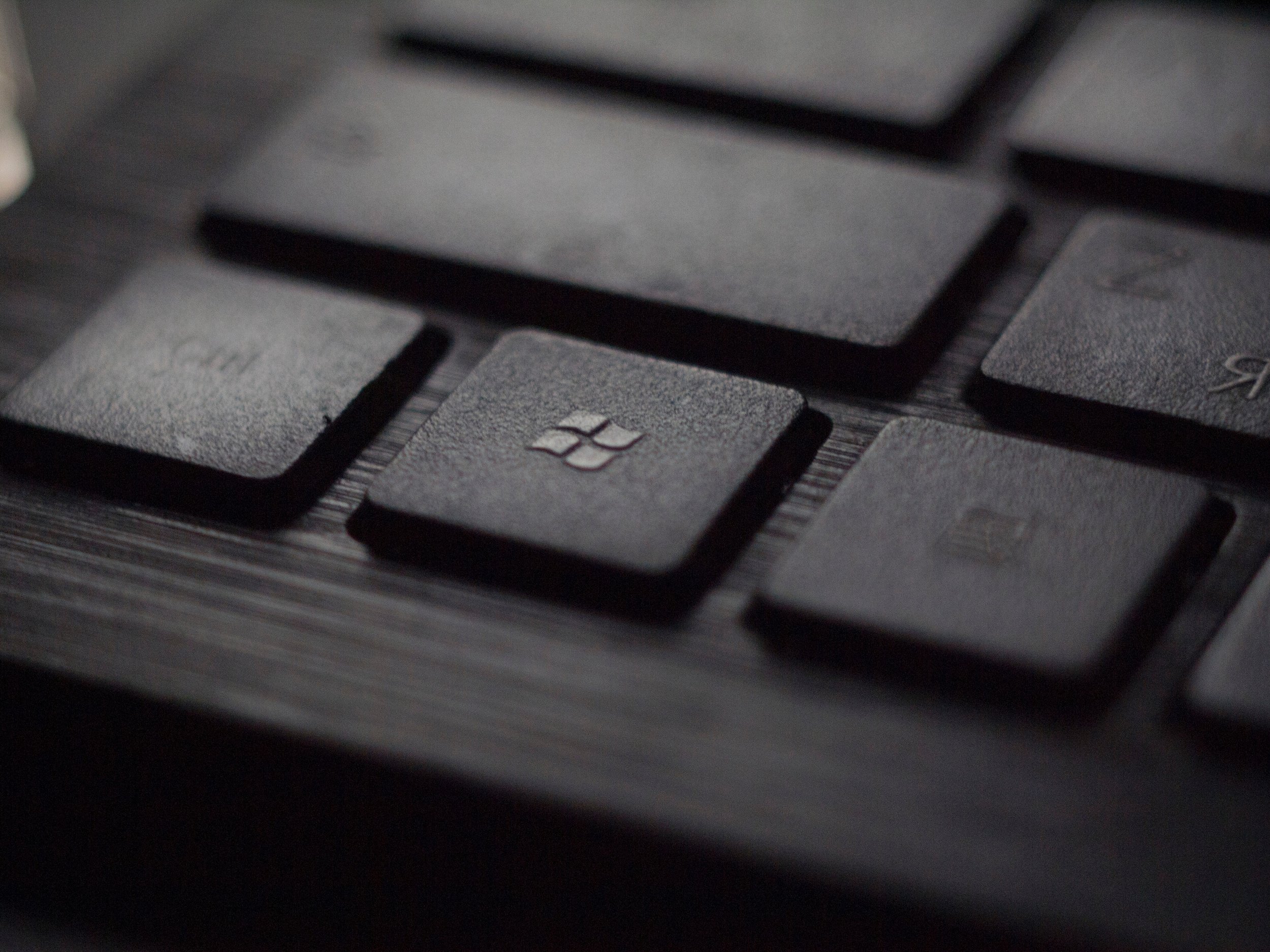Entering the Metaverse: A Look at Microsoft’s Acquisition of Activision
The technology world was shaken up at the start of this year by the announcement of Microsoft’s $75bn bid to become the new owner of Activision Blizzard. Activision is a recognised video game maker and the company behind Call of Duty and World of Warcraft. The all-cash deal exceeds Microsoft’s previous biggest acquisition of LinkedIn by almost $47bn.
Why did Microsoft want to acquire Activision?
The acquisition was predominantly guided by the desire to strengthen Microsoft’s positions in the developing Metaverse - a virtual reality world that replicates real-life interactions. Satya Nadella, Microsoft’s chief executive, explicitly recognises that “gaming…will play a key role in the development of metaverse platforms.” He hopes to play a prominent role in the creation of online communities and interactions through gaming.
Similarly, Mark Zuckerberg’s re-branding of Facebook to Meta has been an attempt to cement the company’s dominance in the Metaverse. However, Meta’s earnings have recently undermined this pursuit; the announcement of unsatisfactory results, and an unprecedented decrease in daily active users, led to a 25% fall in shares. In contrast, Microsoft ended 2021 with a steep rise in profits, declaring an increase of 21% year-on-year.
Despite a speculative approach towards technology stocks at the start of 2022, Nadella continues to forecast future growth. He views technology as the only solution to “drive productivity while keeping costs down” in a post-pandemic employment market. The record earnings also seem to justify the colossal spending on Activision. The Bank of America acknowledged the potential of the deal as a “strategic and financial positive, which can accelerate Microsoft’s gaming business across numerous platforms.”
Where does the deal place Microsoft in the market?
The deal will secure Microsoft the last place on the gaming podium, behind competitors Tencent and Sony. Sony has been particularly affected by the announcement. The world’s biggest gaming company experienced a subsequent drop in shares of 13%.
A key concern is the future status of the popular game Call of Duty, currently available on Sony’s PlayStation. Stakeholders fear that Nadella will introduce exclusivity over the game, precluding future use on the Japanese console.
However, MST Financial analyst, David Gibson notes that Microsoft should not be tempted by exclusivity, branding it as “economic suicide.” This would suggest that the immediate tumble of Sony’s value was exaggerated. In turn, the company’s long-term efforts may be sufficient to retain its leading position. He points to a retaliation strategy which could see Sony seeking exclusivity over other profitable gaming products. Indeed, the gaming market’s immediate reaction and general rise in prices predicts that Sony will follow in Microsoft’s footsteps and embark on a respective shopping spree.
Alongside competitors’ responses, the deal could be threatened by regulatory scrutiny. The CEO of Microsoft denied any competition concerns, reassuring investors that the acquisition would leave Microsoft with a minority stake in the “highly fragmented” video games market. Yet, the regulatory assessment of this market is now likely to consider the future growth of the Metaverse, heightening Microsoft’s stakes. The US Federal Trade Commission has already commenced its investigation to determine whether the deal may be detrimental to consumers.
By: Zuzanna Potocka

